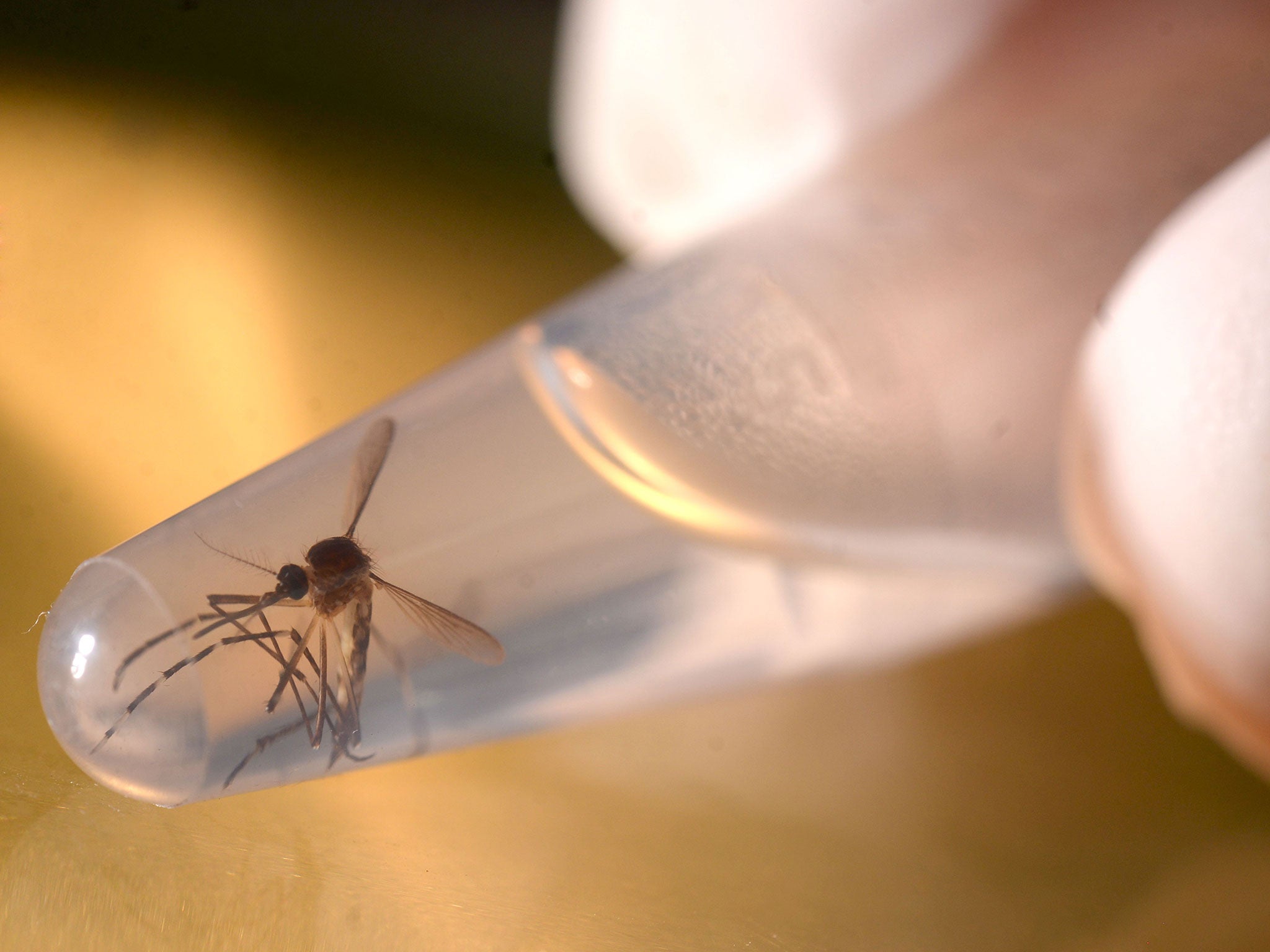Zika virus: Chile reports its first sexually transmitted case
The virus was contracted by a 46-year-old woman after having unprotected sex with her partner

Your support helps us to tell the story
From reproductive rights to climate change to Big Tech, The Independent is on the ground when the story is developing. Whether it's investigating the financials of Elon Musk's pro-Trump PAC or producing our latest documentary, 'The A Word', which shines a light on the American women fighting for reproductive rights, we know how important it is to parse out the facts from the messaging.
At such a critical moment in US history, we need reporters on the ground. Your donation allows us to keep sending journalists to speak to both sides of the story.
The Independent is trusted by Americans across the entire political spectrum. And unlike many other quality news outlets, we choose not to lock Americans out of our reporting and analysis with paywalls. We believe quality journalism should be available to everyone, paid for by those who can afford it.
Your support makes all the difference.Chile has discovered its first case of sexually transmitted Zika, according to the country’s health ministry.
The virus was contracted by a 46-year-old woman after having unprotected sex with her partner, who was initially infected with it in Haiti.
The ministry said in a statement on its website: "This is the first documented case of Zika virus through sexual transmission in mainland Chile, where there is no presence of the Aedes aegypti mosquito that transmits the disease."
"To date, we have confirmed 10 cases of Zika contracted abroad and reported in the country, including eight in 2016.
“Most Zika virus infections are asymptomatic. Men and women returning from areas where there is Zika should consider adopting safe sex or abstain from sexual activity at least four weeks after return. In the case of pregnant women this care must be for the entire period of pregnancy.
Mosquitoes that transmit the virus are not found on mainland Chile, but the Aedes aegypti mosquito has been discovered on the remote Easter Island in the Pacific, which is under the country’s control. The health ministry previously said there is no danger of the virus spreading onto the mainland.
There is growing evidence that suggests a link between Zika and microcephaly in babies, a condition that can cause unusually small heads and other developmental problems.
In Brazil, nearly 5000 cases of microcephaly have been reported, and Zika is the suspected cause of it.
The World Health Organization declared an international health emergency over the apparent link last month, and warned that it could infect four million people.
Join our commenting forum
Join thought-provoking conversations, follow other Independent readers and see their replies
Comments